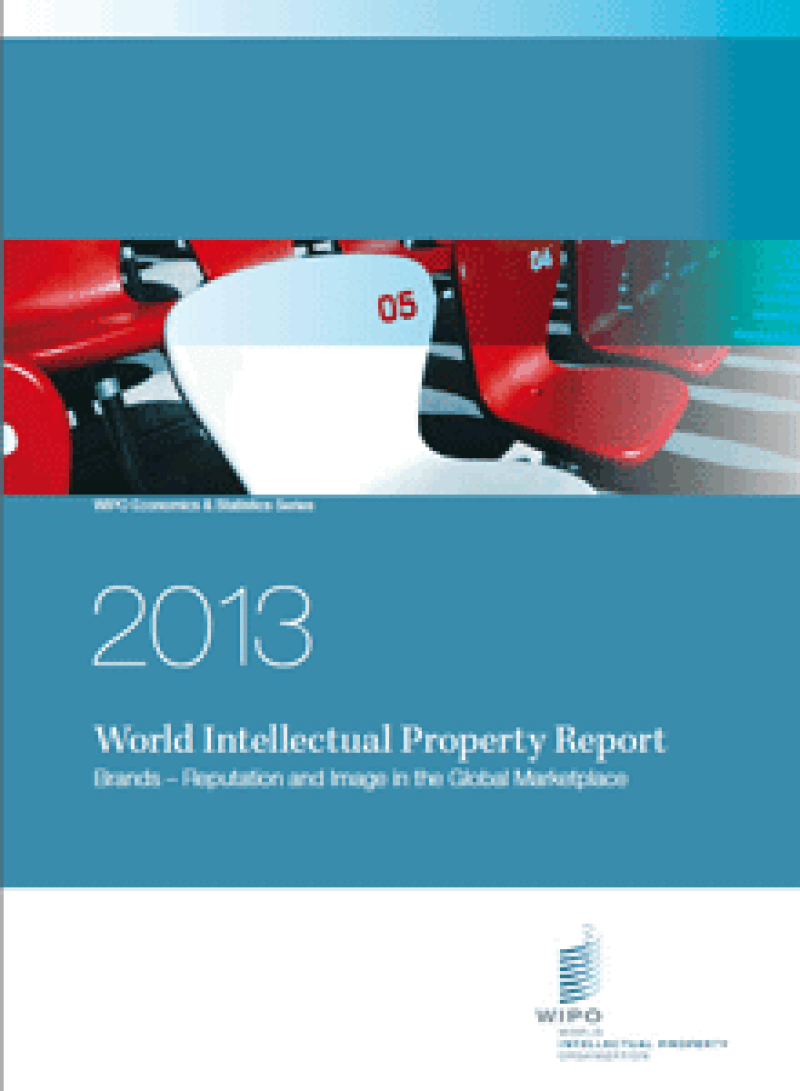
I was in Geneva recently for the launch of WIPO's second World Intellectual Property Report, on "Brands - Reputation and Image in the Global Marketplace". As I said at the launch, it's welcome to see some interesting research on the economic role of brands/trade marks (which, as the report says, have different meanings - at least in the English language). The report makes some very useful observations about different types of brands, including national brands, and also seeks to put some numbers on their economic contribution.
But what I found particularly interesting in the report and in the subsequent discussion of it was the third chapter "Branding, Innovation and Competition". This concluded that "branding helps firms to appropriate their investments in innovation" and found that "firms that invest more in innovation also invest more in branding".
When I read this, I was sceptical - as I expect many readers are. Surely you protect innovation with patent rights? Trade secrets might play a role in some industries, and you could make a case for the role of industrial designs or even copyright. But trade marks? We associate brands with more mature industries as FMCG, luxury items and clothing.
But comments by WIPO Chief Economist Carsten Fink (below, left), who presented the report, put a slightly different slant on it. He argued that "branding is one of the most important mechanisms for firms to secure returns on R&D investments", and reasonably pointed out the close link between aggressive branding and high-growth tech industries, such as telecoms and IT - as well as pharmaceuticals which is, as so often, to some extent a special case.

Put this way, the branding-innovation connection makes a lot more sense. Indeed, if you are launching an entirely new product - say, a smartphone or a new internet service - then having a memorable and powerful brand can be essential to create and build the market. Rankings of the most valuable brands are useful here, even if (like me) you are sceptical about the methodologies and the dollar values. In the latest versions of the three main rankings (Interbrand, Brand Finance and BrandZ), Apple, Google, IBM, Microsoft and Samsung all feature alongside or even above traditionally strong brands such as Coca-Cola and McDonald's.
That also explains why we see a lot of advertising and sponsorship from technology brands, especially in service industries (internet search/sales and mobile telecoms providers, for example) where what you're buying is to some extent invisible. In fact, the more you think about it, the more the link between branding and innovation makes a lot of sense. Do readers agree?









